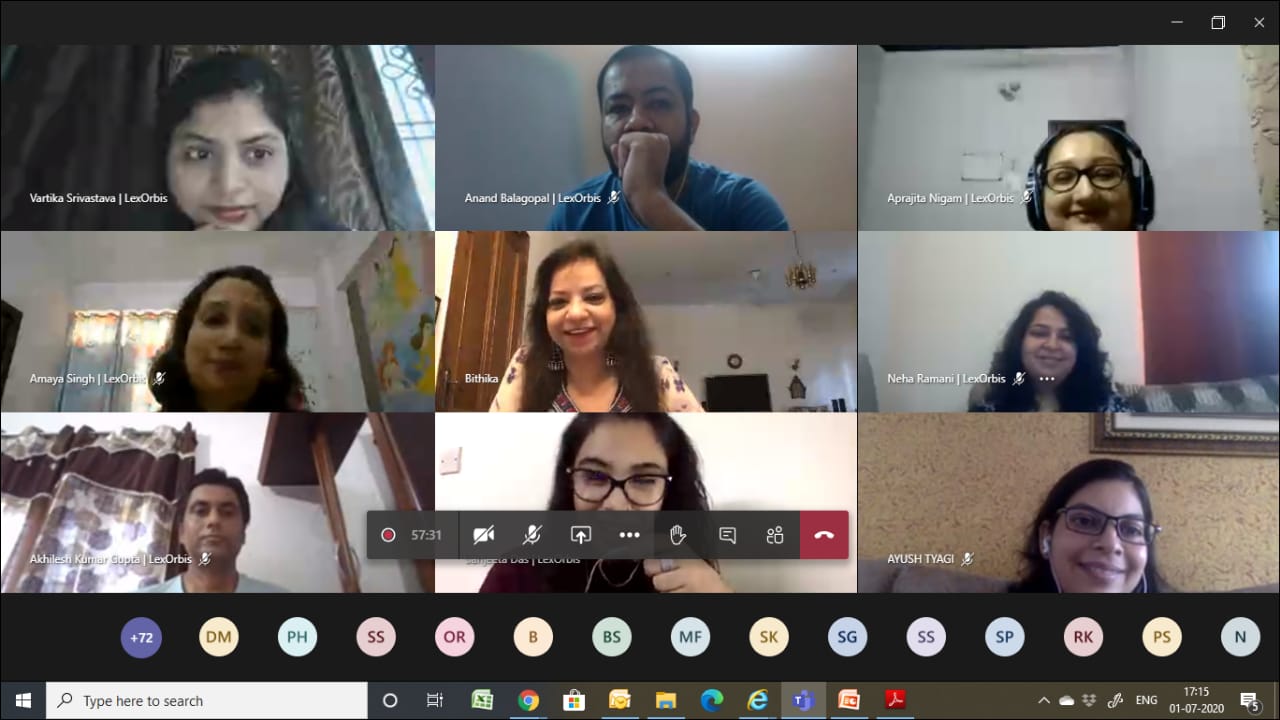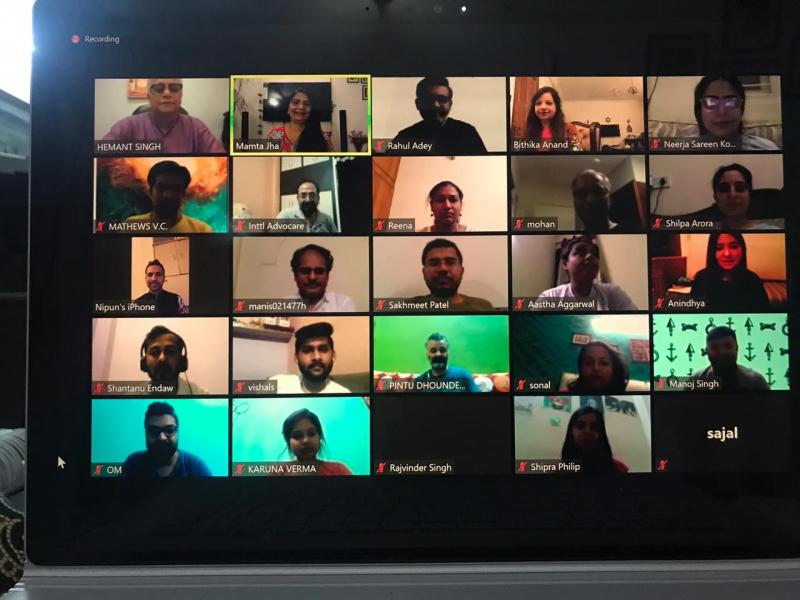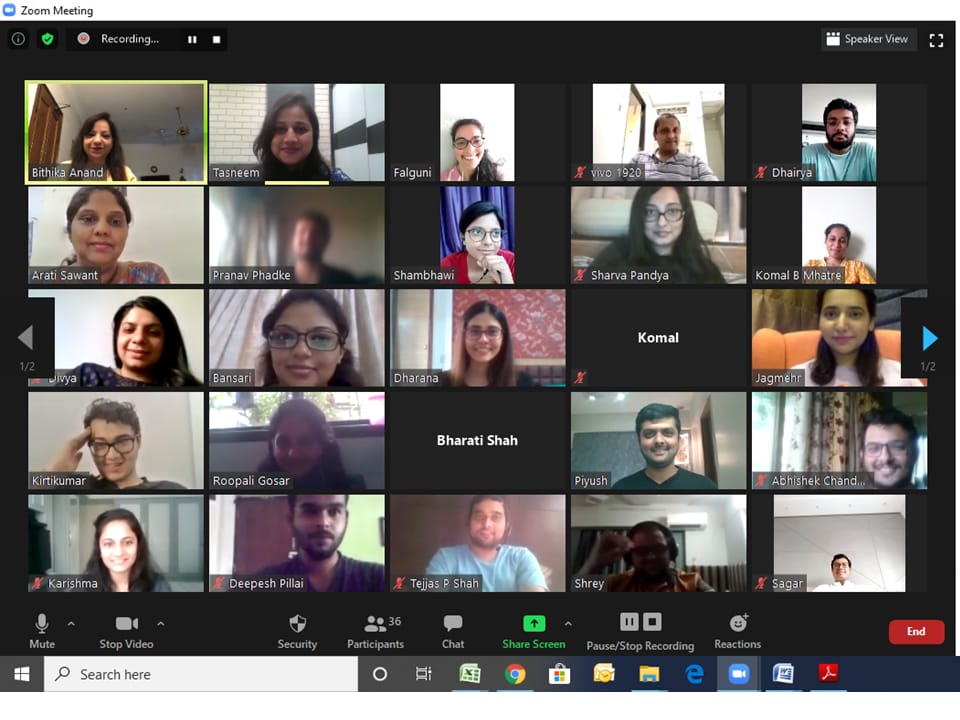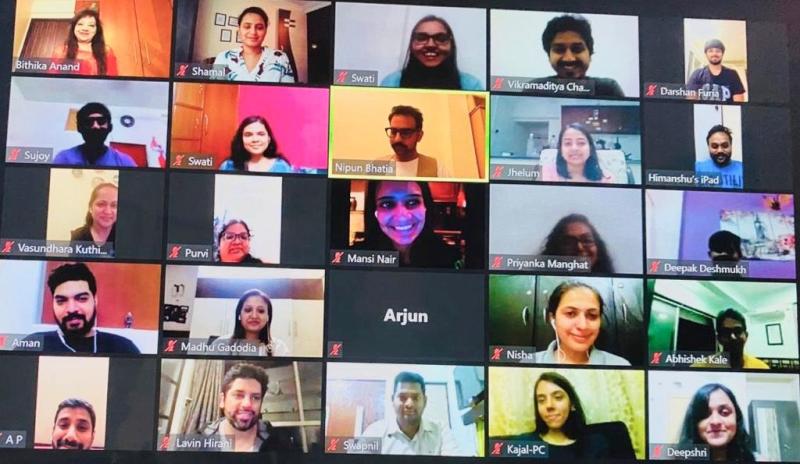
Conflicts are a common occurrence in high-stress environments like law firms, where stakes are often high. Effective resolution is key to maintaining productivity and harmony.
This piece outlines essential strategies for managing disputes, including the establishment of grievance committees composed of various firm stakeholders to ensure balanced and fair resolutions, recognizing diverse conflict sources such as workload disparities and ethical dilemmas, and fostering a cooperative culture through clear dispute resolution practices and a firm-wide code of conduct. These elements are crucial for developing efficient mechanisms to address conflicts within law firms.
Effective conflict resolution requires clear, transparent, and accessible procedures. This includes:
- Step-by-Step Resolution Processes: Outlining specific steps for conflict resolution helps prevent escalation and ensures consistency.
- Timely Response: Quick action on grievances prevents the festering of issues and demonstrates the firm’s commitment to maintaining a respectful workplace.
- Confidentiality: Keeping proceedings confidential reassures staff that they can express concerns without fear of repercussions.
A Model Code of Conduct is essential for setting firm-wide expectations on professional behavior and ethical standards. This code should:
- Outline Acceptable Behaviors: Clearly define what constitutes acceptable and unacceptable behaviour within the firm.
- Provide Examples: Detail scenarios and appropriate responses to common conflicts or ethical dilemmas encountered in legal settings.
- Emphasize Accountability: Ensure that all members of the firm, regardless of position, are held to the same standards.
Building a cooperative work environment involves more than just managing conflicts—it's about creating a culture where teamwork and respect are fundamental. Strategies include:
- Team-Building Activities: Regular, informal gatherings or retreats can improve interpersonal relationships and build trust among colleagues.
- Mentorship Programs: Pairing junior associates with more experienced colleagues can facilitate knowledge sharing and reduce hierarchical tensions.
- Open Communication Channels: Encourage open dialogues between senior leaders and junior staff to promote a more inclusive atmosphere.
- Using these structured approaches, law firms can not only manage conflicts efficiently when they arise but also prevent many disputes from occurring in the first place.
This proactive stance on conflict resolution is essential for nurturing a professional, respectful, and collaborative workplace.
We, at Human Elevation, ensure that the best legal talent reaches to their best organizational fit!
At Human Elevation, we specialize in connecting top-tier legal talent with leading law firms and corporate legal departments across India. As one of the foremost legal recruitment agencies in India, our bespoke approach ensures that we understand and fulfill your unique hiring needs. Beyond recruitment, our comprehensive legal consultancy services in India offer strategic solutions, including practice acquisitions, team integrations, and leadership hiring. Whether you’re seeking to build a formidable legal team or require expert consultancy to navigate complex legal landscapes, Human Elevation is your trusted partner in achieving excellence. Discover how we can elevate your legal capabilities today.






